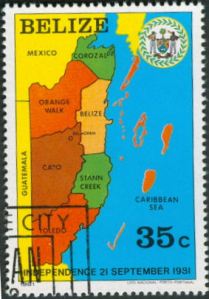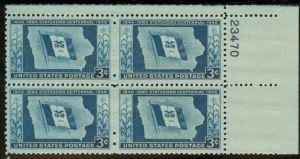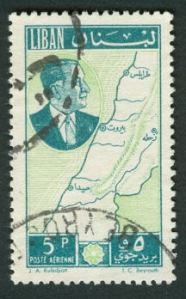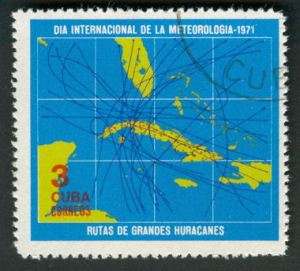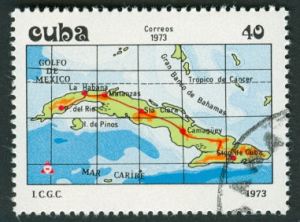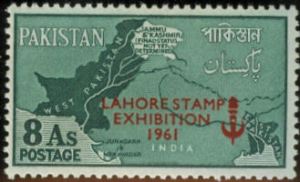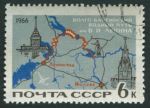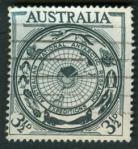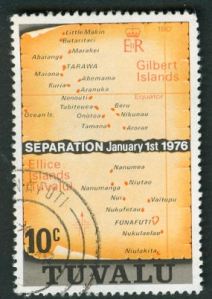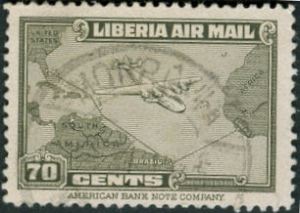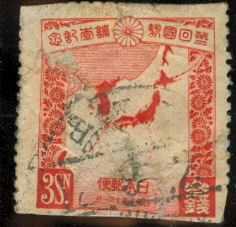
Japan, 1930, Scott 209, 25mm x 25mm
This stamp is a bit rougher than most of the others I have shown here, but I think still worth a look.
The map area of the stamp depicts the Japanese empire, which included Korea at the time of issue, highlighted in scarlet. Up in the north the portion of Sakhalin island which belonged to Japan also appears highlighted, depicting a state of affairs which also ended at the end of the second World War. On the banner at the top of the stamp is the chrysanthmum seal representing the Emperor, along with an inscription marking the second census taken of the empire’s subjects. More chrysanthemums appear along the left- and right-hand borders, dented at one point where the island of Taiwan puts in an appearance, and it is just barely possible to make out the Ryukyu Islands spread across the broad expanse of the China Sea. If Iwo Jima appears at all on this map, it would be as a small, insignificant red speck to the east.
Two main elements of note here are the use of the color red and the 16-petals of the flower, both of which make up significant parts of the design of the Japanese battle flag during the war.
A quote from the Imperial Rescript on the 1889 Japanese Constitution governing the state at the time:
The Imperial Founder of Our House and Our other Imperial ancestors, by the help and support of the forefathers of Our subjects, laid the foundation of Our Empire upon a basis, which is to last forever. That this brilliant achievement embellishes the annals of Our country, is due to the glorious virtues of Our Sacred Imperial ancestors, and to the loyalty and bravery of Our subjects, their love of their country and their public spirit. Considering that Our subjects are the descendants of the loyal and good subjects of Our Imperial Ancestors, We doubt not but that Our subjects will be guided by Our views, and will sympathize with all Our endeavors, and that, harmoniously cooperating together, they will share with Us Our hope of making manifest the glory of Our country, both at home and abroad, and of securing forever the stability of the work bequeathed to Us by Our Imperial Ancestors.

